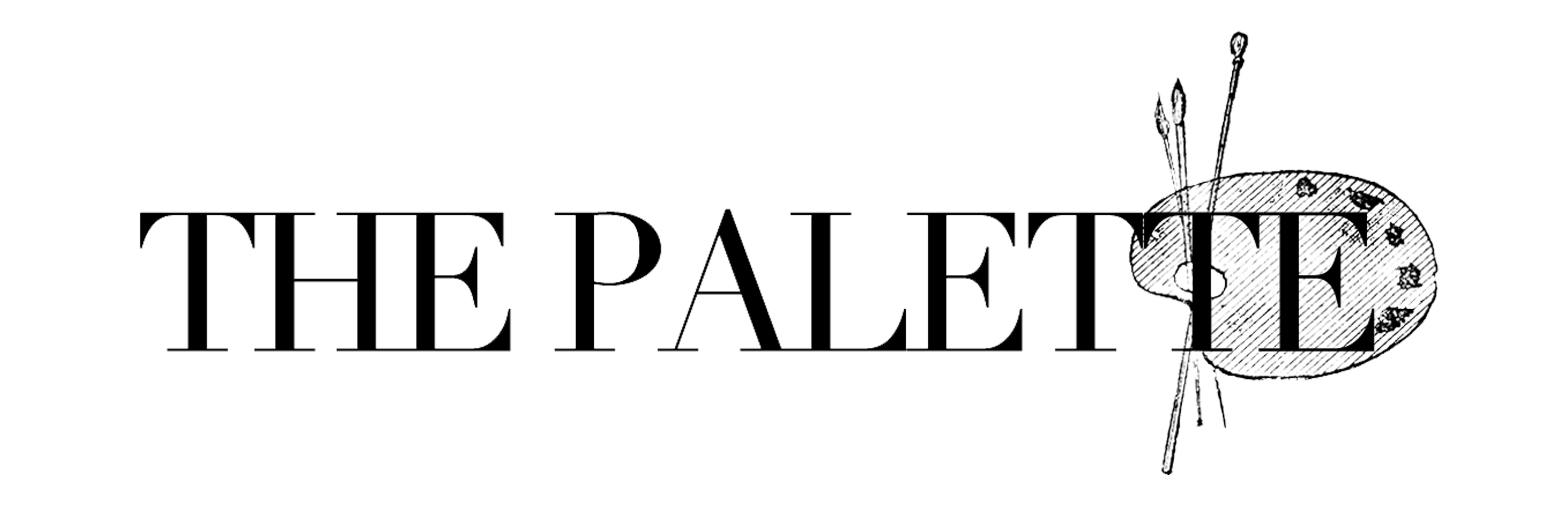The first Tuesday of November is a day of anxiety, hope, and anticipation for most Americans. This election is arguably one of the most grueling and polarizing elections in recent history, marked by evident division and political corruption. According to a study conducted by Johns Hopkins University, nearly half of U.S. voters believe members of their opposing party are “downright evil.” Throughout this year’s campaign runs, we have seen multiple assassination attempts, aggressive rhetoric, and personal attacks on all sides of the political spectrum. The intense divide and tension that this election caused between my friends, people at school in general, and even social media solidified for me how important it is to know what you’re talking about and get involved with what surrounds us every day: politics.
My day started at 6 A.M. when it was still pitch dark and freezing outside. Soon, I was on my way to Alcott Elementary School in Clairemont, where I was gonna be working for the next 16 hours. At 17 years old, I was the youngest person in the room, surrounded by election workers ranging from 30 to 60 years old. I was sworn in by the San Diego Registrar of Voters as an election official and spent my day in this small elementary school auditorium. My responsibilities included guiding voters through the new technology of ballot marking, the BMD or Ballot Marking Device, and ensuring things ran smoothly. As a bilingual worker, I was responsible for ensuring voting accessibility for Spanish-speaking voters and assisting people who couldn’t read very well. My site manager, Brian, and all my fellow volunteers had different responsibilities of operating the site and ensuring that every single person who came in got to drop their ballot into the official ballot box on their way out.
Along with the intensity of the campaigning and the months leading up to November 5th, one could safely say that there would be some kind of conflicts at polling sites. It is California state law and written in Title 2 of the California Code of Regulations that electioneering is prohibited. This includes displaying political logos images or merchandise. I had four instances where voters came in displaying “MAGA” merch. Statistically, in the past two elections, 58% of Democrats voted in by mail compared to 29% of Republicans. This was stark working as a poll worker, as voters were still vocal about their candidates, and most of them expressed their right-leaning views. As a young worker, I received mixed responses when I would kindly ask them to do something, or in this case, cover up their merchandise. Even throughout the whole day, as I assisted over 300 people, some people thanked me for my commitment, some ignored me, others questioned my age, and I even got asked if I was an American citizen. This is exposure that I have never received, as it was my first time working in such a crowded and unpredictable environment. On top of how busy we all were, the anxiety of checking the news and our phones for the continuous results from each state as time passed by took over our minds. We all had a sense of urgency and anticipation for how the day would end, and handling this while simultaneously helping voters was an incredible experience as it captured what politics is. High stakes, unpredictable situations, and a sole commitment to civic duty are how I can define my day working as an election official. Generation Z and new voters must educate themselves on political issues, such as simply understanding policies, what each candidate stands for, what affects your community, and how you can impact others around you.
Sources:
Caron, Emily. “Johns Hopkins Poll Reveals That Nearly Half of Americans Think That Members of the Opposing Political Party Are Evil.” New York Post, October 28, 2024. https://nypost.com/2024/10/28/us-news/johns-hopkins-poll-reveals-that-nearly-half-of-americans-think-that-members-of-the-opposing-political-party-are-evil/?utm_.
California Secretary of State. “Notices Regarding Prohibition of Electioneering and Corruption of the Voting Process.” California Secretary of State. Accessed December 6, 2024. https://www.sos.ca.gov/administration/regulations/current-regulations/elections/notices-regarding-prohibition-electioneering-and-corruption-voting-process.
Eitan D. Hendel. “How Policy Influenced the Partisan Divide Over Voting by Mail.” MIT Election Lab Blog, October 30, 2024. https://elections-blog.mit.edu/articles/how-policy-influenced-partisan-divide-over-voting-mail.




